Here’s an easy-to-follow guide on which needles will best suit you and your project!
There are many different types of knitting needles out there and choosing the right one can be tricky, especially for newbies to the craft. Most of us start out with hand-me-downs and they’re more than adequate while you master the basics. When you’ve decided that knitting is your new favourite thing – that’s when, not if – you can start to shop around. It’s not so much a question of one variety being better than another, it’s about finding what’s most comfortable for you. You should also consider the requirements of your project and this guide will help you choose.
Single-pointed needles
Suitable for most projects, these have a stopper on the end to stop your stitches from sliding off. They come in different lengths, with the most common being between 28cm and 30cm. Longer ones are available and are handy for when your project has a lot of stitches. Shorter lengths are ideal for smaller projects and children.
Where to buy:
Art Viva Tasmanian oak needles, from £7.40, 01829 740903, www.laughinghens.com
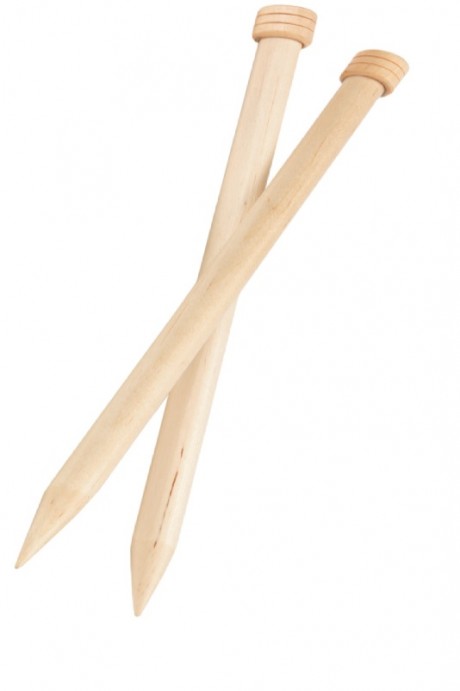
Double-pointed needles
With a point on each end these are used when knitting in the round – that means you can knit a tube and your work has no seam. Double-pointed needles, known as dpns, often come in sets of four or five needles. Distribute your stitches over three or four of the needles, then use the remaining needle to knit with. See our tutorial for working in the round at www.letsknit.co.uk These needles are ideal for socks, hats, armwarmers, sleeves of garments, and other small projects.
Where to buy:
Pony 20cm bamboo double-pointed needles, for stockists call 01453 883581 or email crafts@stockistenquiries.co.uk
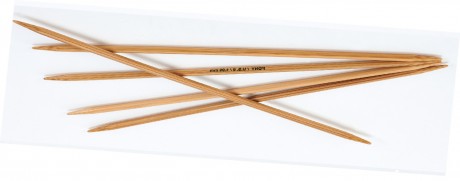
Socks
Sock needles are used in the same way as regular dpns but are shorter in length, which makes them well suited to socks and other projects with a very small circumference.
Circular needles
These are also used for working in the round but for larger projects. They look like two short straight needles that are joined together as a cord and you treat them this way when knitting. The joining cord is used to hold the stitches. You can also use them as you would straight needles, particularly if you have many stitches. Just turn your work instead of joining in the round.
Cords
The main difference between circular needles is the length of the cord. The most common lengths are 40cm, 60cm, 80cm and 100cm, although others are available. The shorter the cord, the smaller the circumference of your project. Your stitches should comfortably fill the cord of your needle or your work will become very tight and you may stretch your stitches.
Fixed vs interchangeable
The terms ‘fixed’ and ‘interchangeable’ refer to the tips of the circular needle. Fixed points are permanently attached to the cord and have a smooth, secure join. Interchangeable tips can be swapped. Instead of purchasing circular needles in every size, interchangeable sets means you only require a few cords of each length, then can attach the required size as and when it’s needed.
Where to buy:
ChiaoGoo Red Lace fixed circular needles, £7, 01428 607516, www.tallyarns.co.uk
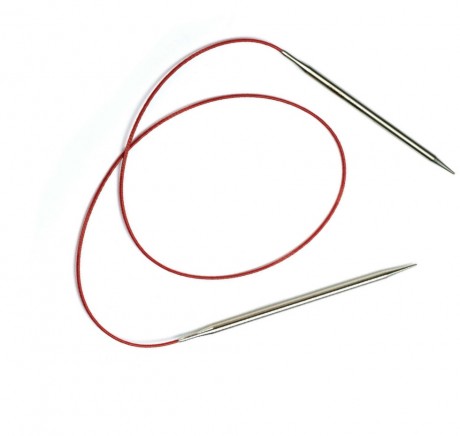
Denise interchangeable needle set, £46.99, www.purplelindacrafts.co.uk
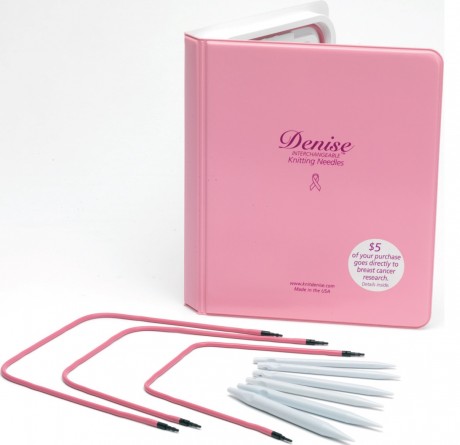
Square needles
Available in straight, circular and double-pointed varieties, square needles are a relatively new addition to the needle range, having only been around for a few years. They are exactly as they sound, needles that are cuboid rather than cylindrical. They are easier to grip so are thought to be more gentle on aching hands, and also help maintain an even stitch tension.
Where to buy:
Kollage Square dpns, set of five, £10, 07791 639896, www.yarnbox.co.uk
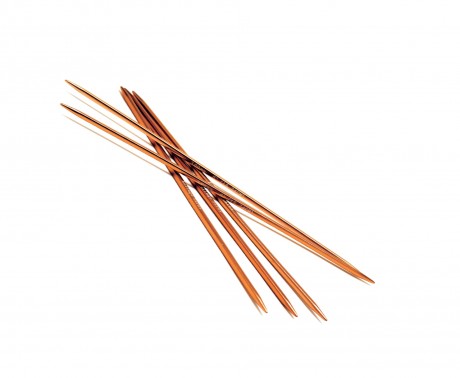
Metal Needles
There are many pros to metal needles:
- Smooth, slippery surface so your stitches will move easily
- Affordable and easily available
- They won’t snap and are long-lasting
- Great for quick knitting
But there are a couple of drawbacks:
- They can be cold and hard and therefore uncomfortable for knitters with aching hands
- Larger sizes can be heavy
Where to buy:
Pony aluminium children’s needles, £1.50, 01925 764231, www.blacksheepwools.com
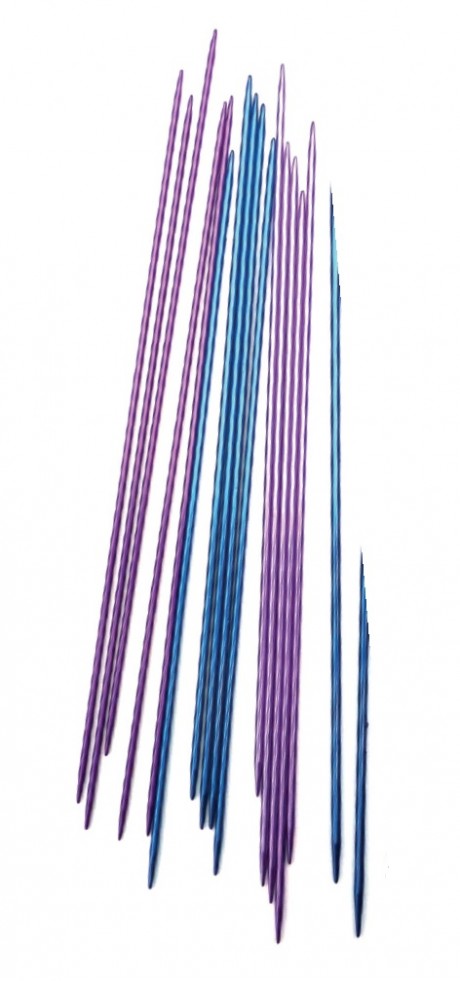
Wooden Needles
There are many pros to wooden needles:
- Lightweight to use
- Warm on the hands
- Made from a renewable source
- Lots of varieties including bamboo, rosewood, birch, subabul and oak
- Grips the stitches so they’re less likely to slip
But there are a couple of drawbacks:
- Tight knitters have been known to split the ends of their needles
- Higher price point
Where to buy:
Subabul wood straight needles, from £5.25, 01367 710362, www.thelittleknittingcompany.co.uk
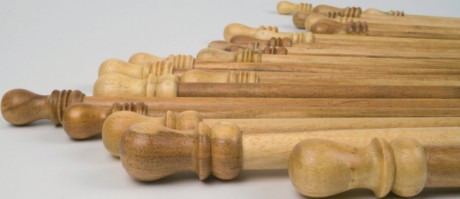
Plastic/acrylic
There are many pros to using plastic or acrylic needles:
- Really lightweight
- Affordable
- Vibrant colours
- Often come in superchunky sizes
- Flex as you knit
But there are also a couple of drawbacks:
- Less durable – they can snap and may go brittle with age
- The yarn moves less smoothly
Where to buy:
Single pointed needles with crystal, from £1.50, 07876550698, www.knitUK.com
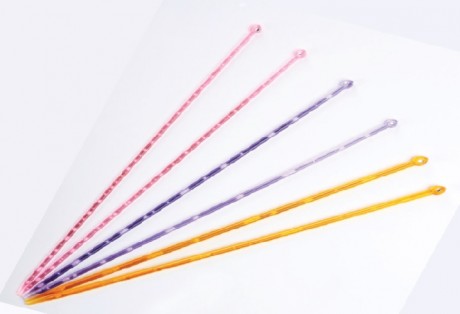
If you enjoyed this blog, then share it on social media. Find plenty more like it on the Let’s Knit website.



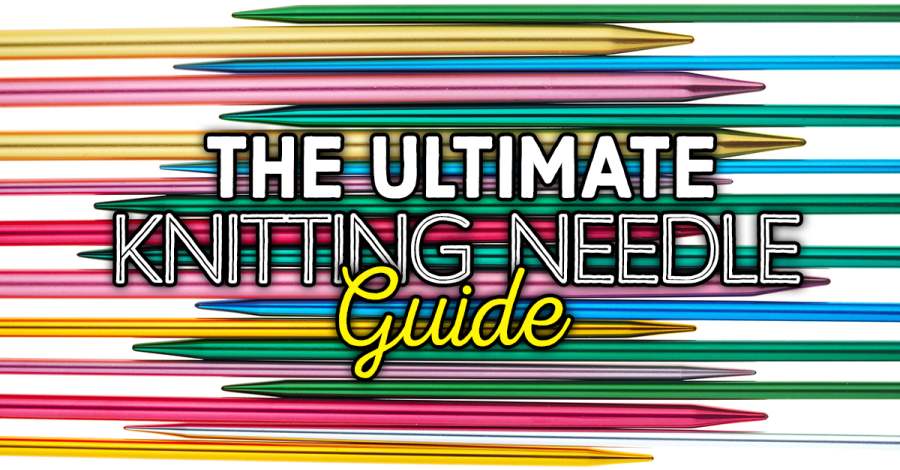
_333_180_c1.png)

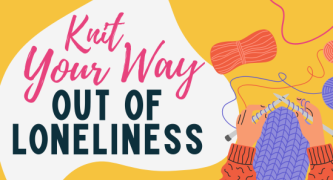
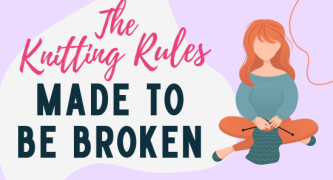
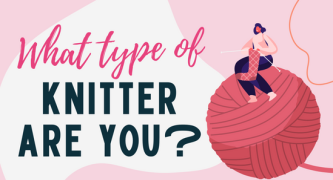
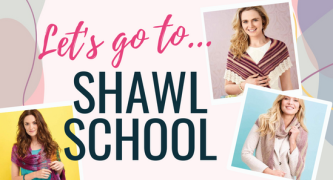
 Baby
Baby
 Toys
Toys
 Garments
Garments
 Crochet
Crochet
 Homewares
Homewares
 Dolls
Dolls
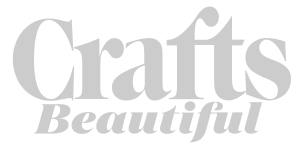







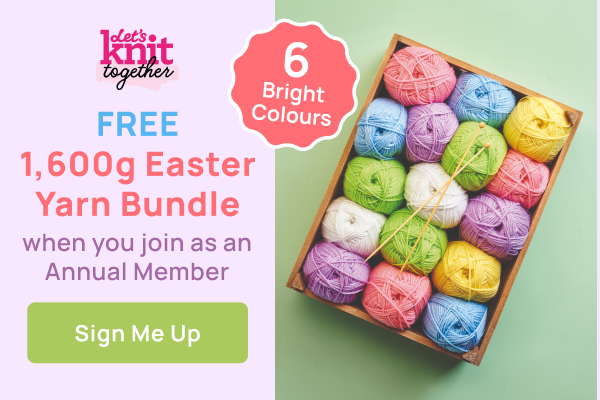
Share